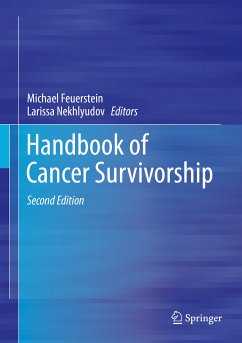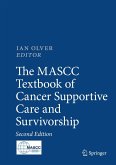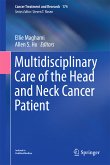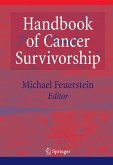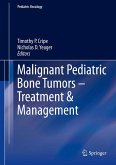· Adaptation and coping post-treatment.
· Problems of aging in survivorship, including disparities and financial hardship.
· Well-being concerns including physical activity, weight loss, nutrition, and smoking cessation.
· Core functional areas such as work, sleep, relationships, and cognition.
· Large-scale symptoms including pain, distress, and fatigue.
· Models of care including primary care and comprehensive cancer center.
· International perspectives
· PLUS, insights about lessons learned and challenges ahead.
With survivorship and survivorship care becoming an ever more important part of the clinical landscape, the Second Edition of the Handbook of Cancer Survivorship is an essential reference for oncology specialists, primary care providers, mental health professionals, rehabilitation providers, as well as public health specialists, epidemiologists and policy makers.
Dieser Download kann aus rechtlichen Gründen nur mit Rechnungsadresse in A, B, BG, CY, CZ, D, DK, EW, E, FIN, F, GR, HR, H, IRL, I, LT, L, LR, M, NL, PL, P, R, S, SLO, SK ausgeliefert werden.

